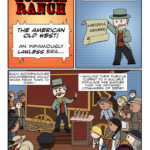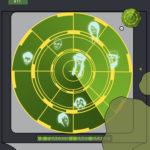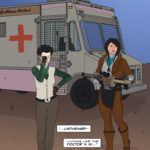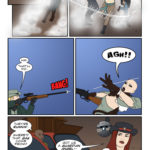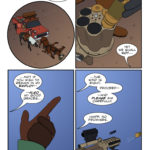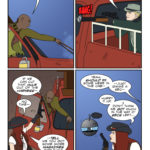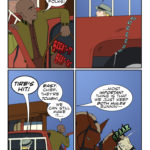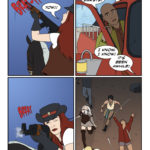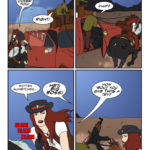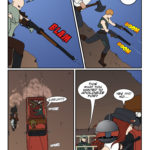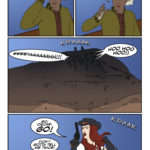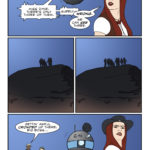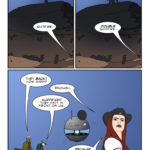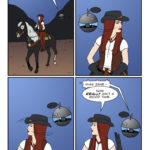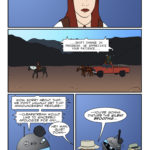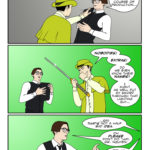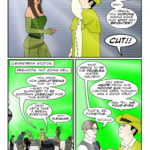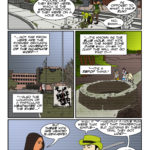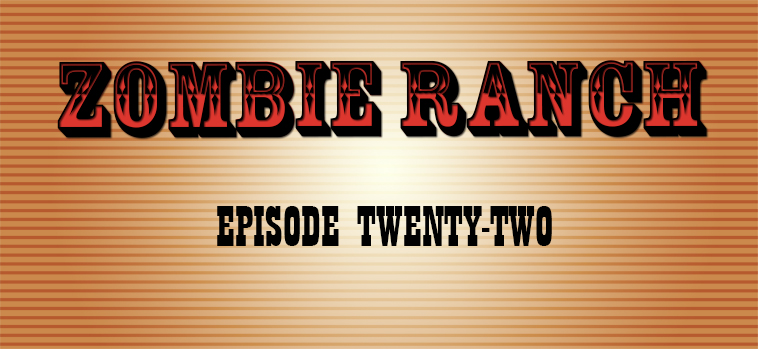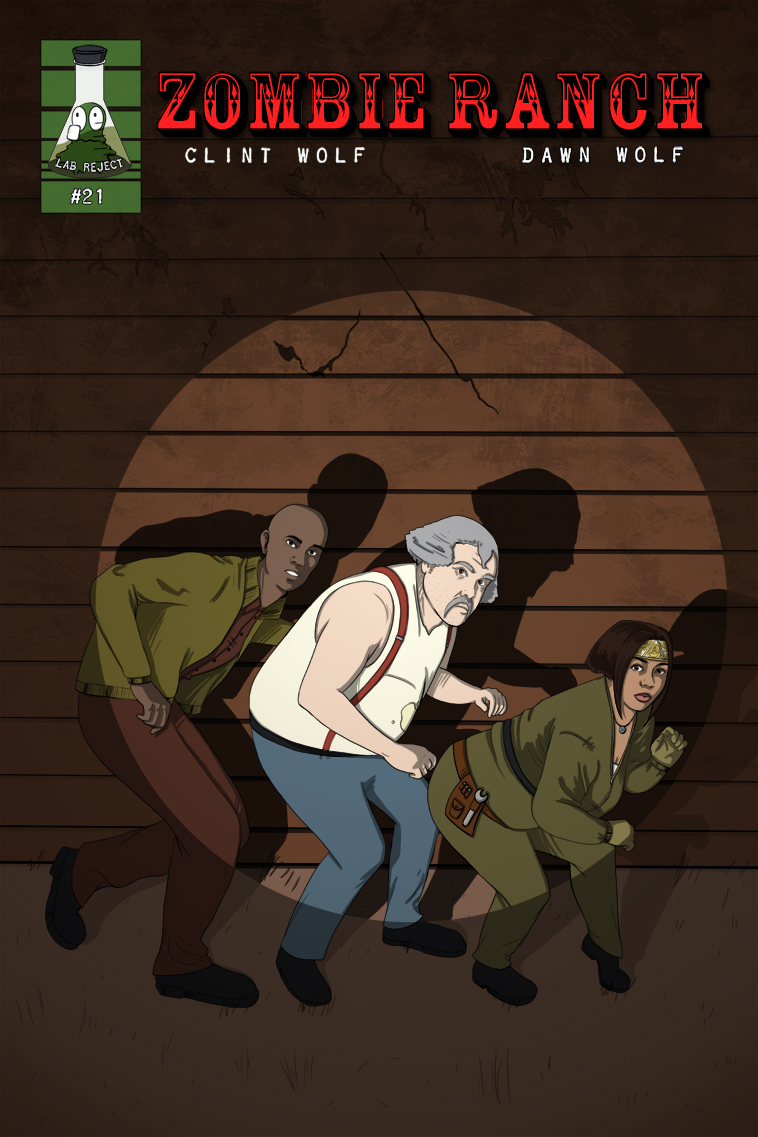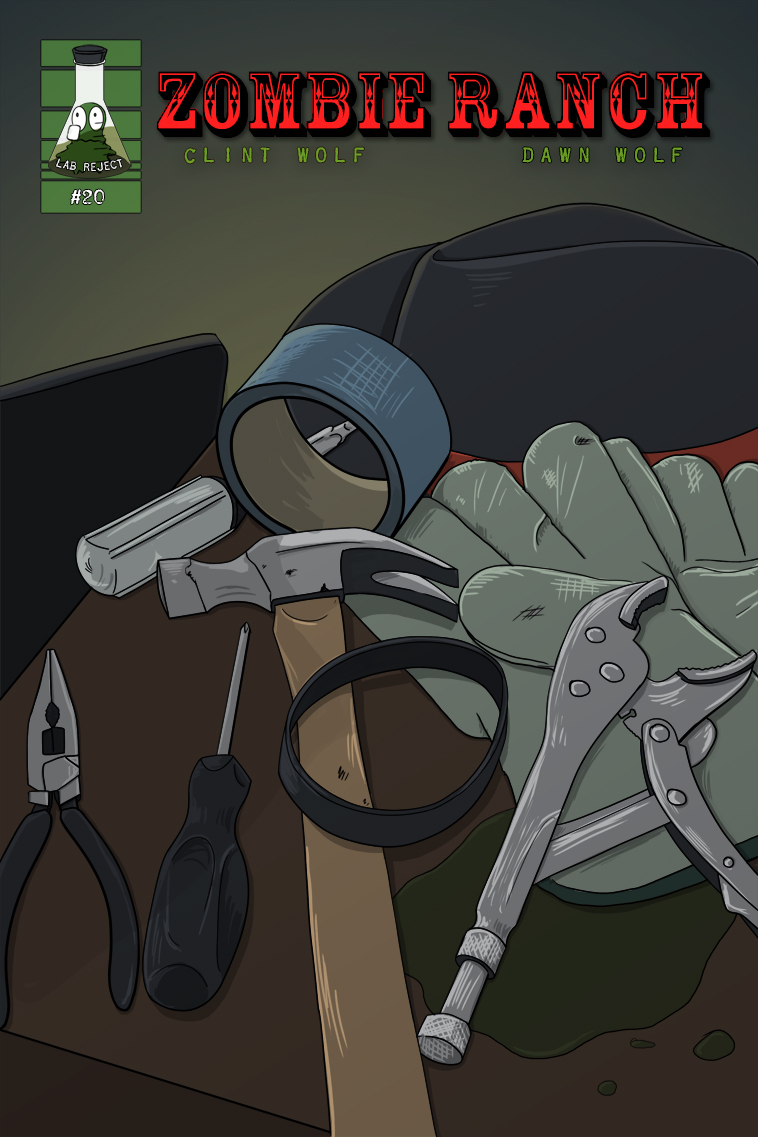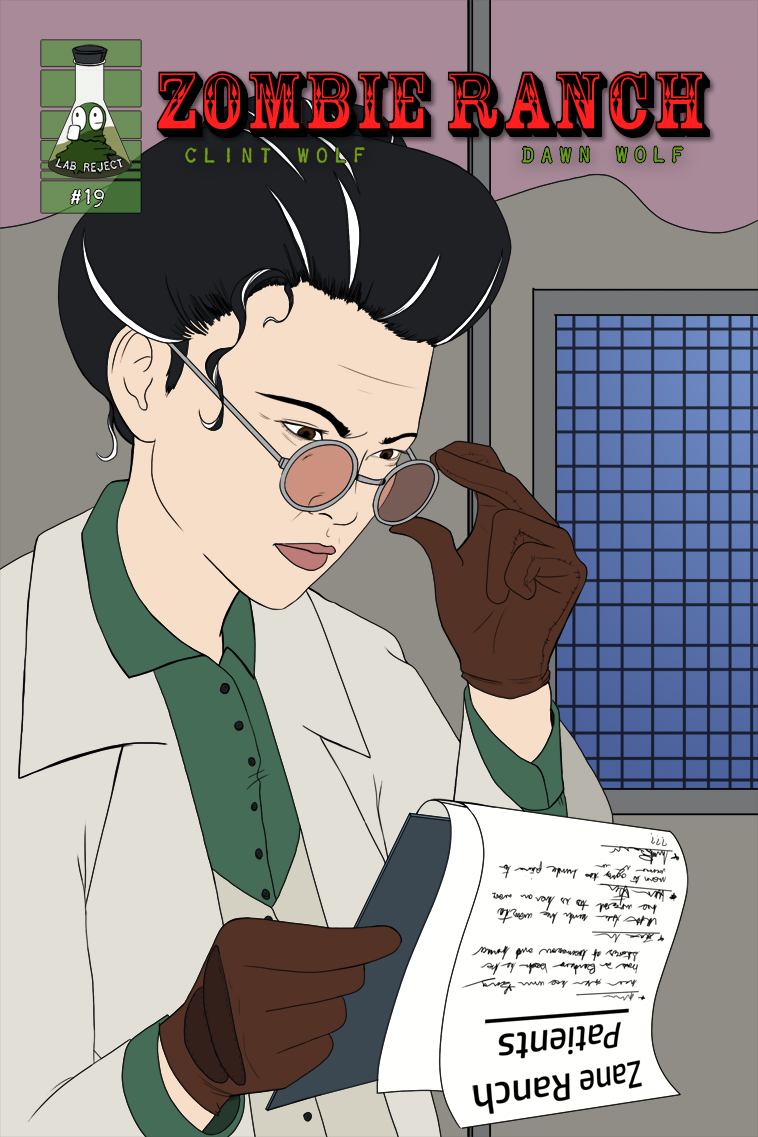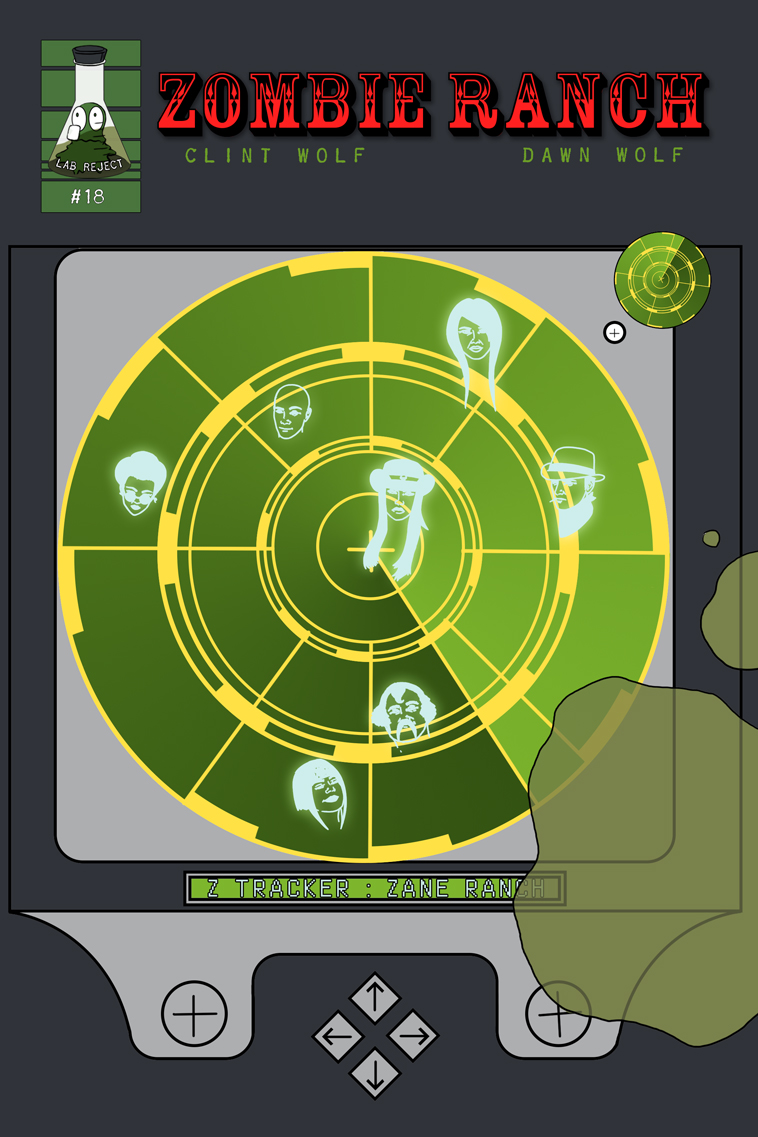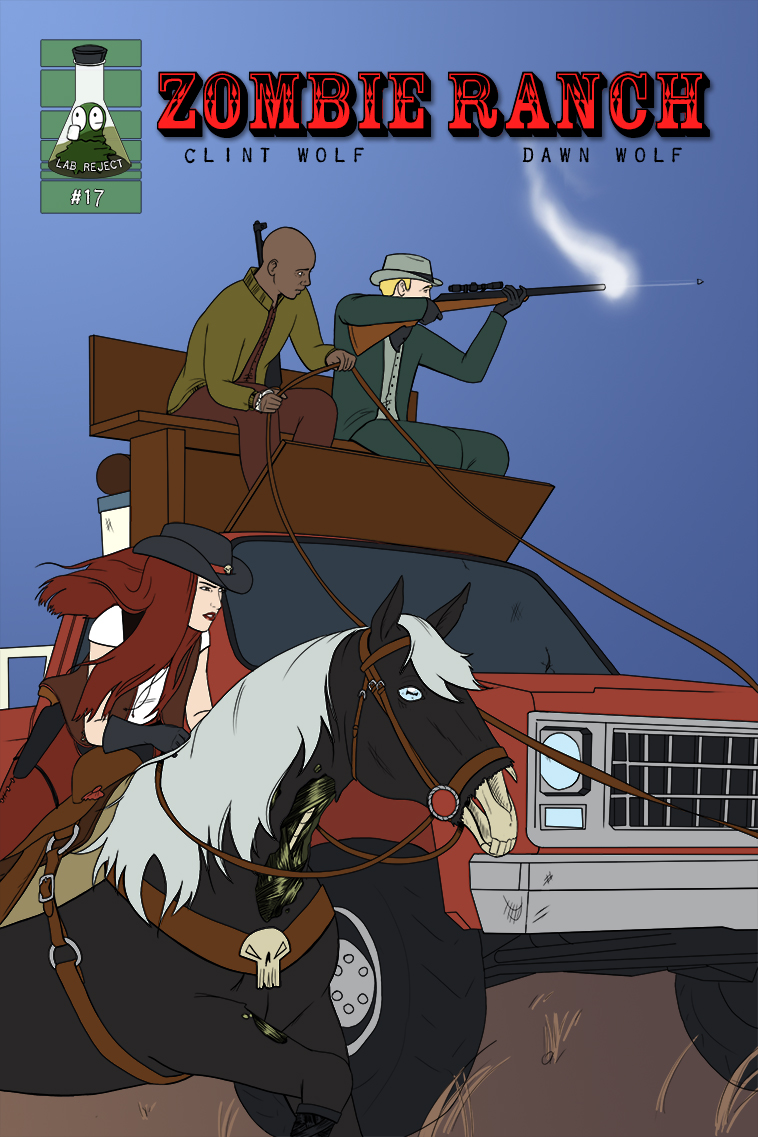Two households, both alike in dignity (In fair Verona, where we lay our scene), From ancient grudge break to new mutiny, Where civil blood makes civil hands unclean. From forth the fatal loins of these two foes A pair of star-crossed lovers take their life, Whose misadventured piteous overthrows Doth with their death bury their parents’ strife. The fearful passage of their death-marked love And the continuance of their parents’ rage, Which, but their children’s end, naught could remove, Is now the two hours’ traffic of our stage— The which, if you with patient ears attend, What here shall miss, our toil shall strive to mend.If the language is giving you trouble, let me just put it this way: Romeo & Juliet commit suicide, and that tragedy will finally convince their two warring families to make peace. The play is telling you that straight up at the very beginning; yet if you posted a summary like this for a modern movie, to a modern internet forum, you’d be raked over the coals for ruining the plot. Shakespeare and Sophocles weren’t afraid of telling you “Dumbledore dies”, they used it as a hook to keep your interest as they brought you on the journey. Like the Columbo mysteries where the culprit and crime was always revealed at the beginning, making them not so much “whodunit?” as “howdhecatchem?” I had someone get legitimately mad at me for “spoiling” the end of the movie 300 for them, which for me makes as much sense as someone claiming you spoiled Titanic because you tell them the ship sinks. But I’m sure someone has done just that. This obsessive need to avoid spoilers at all costs has gotten way out of hand, and feeds back into creators who feel a need to throw in more and more ludicrous twists to keep their audience guessing. An infamous example comes from the DC Universe crossover event Armageddon 2001, where the identity of the mystery villain was leaked before the end, and rather than soldier on with the carefully constructed foreshadowing of the series so far, DC decided to chuck everything and insert a nonsensical last minute change to preserve the “surprise”. And that was back in 1991, before the Internet existed in its current form. Nowadays entire messageboards exist to comb over the latest clues in an ongoing series in near instantaneous fashion. If you have enough fans, then guess what? Some of them are going to pick up on the trail of breadcrumbs, and it’s only human at that point to want to show the path to others. Should you derail your narrative because they’ve figured out where it’s headed? I say no. I say, focus on the journey and let the destination stand. For one thing, there will always be things some consider blindingly obvious that others will completely miss. Never assume that “Everyone could see this coming” is any kind of true statement… usually it just means those who didn’t either remain quiet out of fear of being thought stupid, or aren’t really paying attention to forums and comments anyhow. For another thing, if the journey is good enough, then it shouldn’t matter, and those who figured it out ahead of time are going to just feel gratified rather than disappointed. Or maybe they’ll be disappointed… you can’t control every last opinion. But it’s better than chucking everything, isn’t it? But let’s all take a breath and calm down about the spoilers. Yes, we love to be surprised and taken in unexpected directions, but that shouldn’t be the only thing, or fiction eventually just dissolves into a senseless mass of WHAM! moments. They’re great, but as a writer don’t make them the end-all-be-all or you’ll end up with an unsustainable case of Shyamalan Syndrome. And as an audience member, take the fact you know the truth about Keyser Soze or Malcolm Crowe before you watch those movies as a liberation rather than a disaster. It’s a lot less stressful on both sides. Plus, even if you knew it was the McCarty gang, maybe you didn’t figure out it was their own bulldozer on fire…
How 'bout them spook stories now, Chuck?









